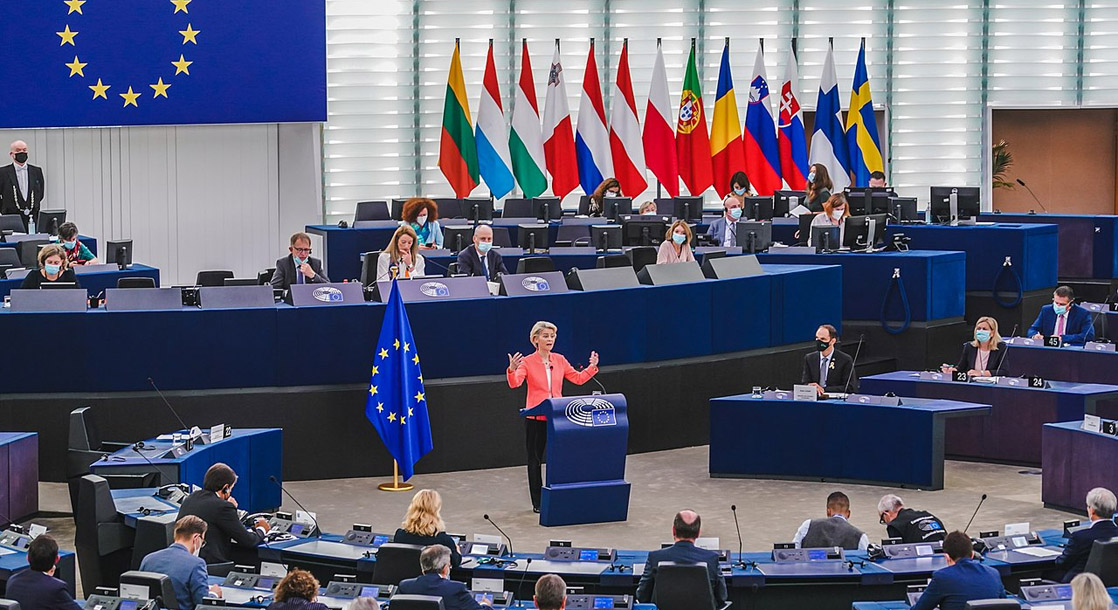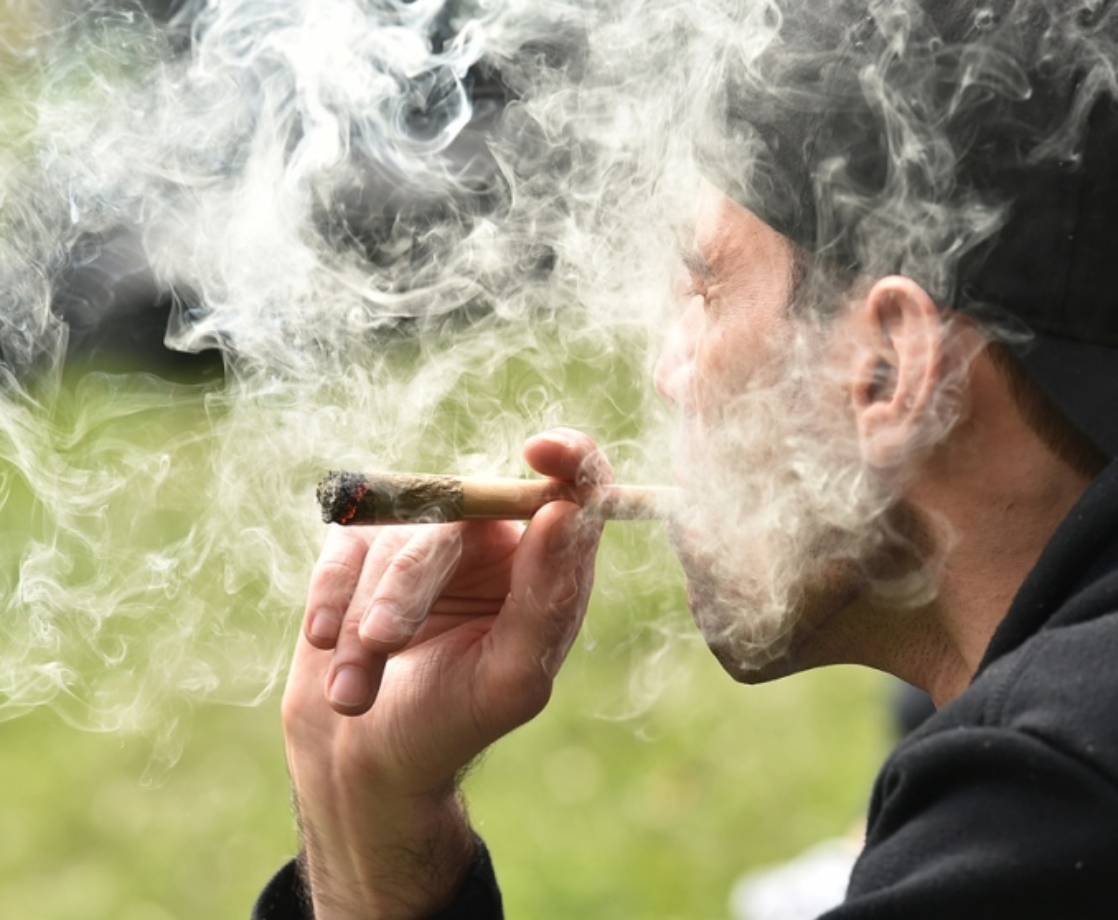Last week, officials from Germany, Luxembourg, Malta, and The Netherlands held a summit to discuss the fate of cannabis legalization in Europe. This historic meeting marked the first time in European history that high-level government ministers met to discuss non-medical cannabis reform.
The European Union requires all of its member nations to prohibit the sales and use of recreational cannabis, but these four countries have all decided to challenge this law. Last year, the tiny country of Malta became the first EU member to defy these rules. The Mediterranean nation now allows adults 18 and older to grow, possess, and use pot, but still prohibits adult-use sales. Luxembourg is also working on a similar bill to allow personal use but ban sales, which is expected to become law soon.
The Netherlands is already renowned for being the first European country to openly tolerate cannabis use, but officials are still reluctant to fully embrace legalization. Even so, Holland has at least launched a pilot program that will allow farmers to legally grow cannabis for its licensed pot cafes. Germany, on the other hand, is preparing to introduce Europe’s first legal adult-use market. The country’s new ruling coalition announced plans to fully legalize weed after winning the election last year, and officials are already working to draw up the necessary regulations.
At the summit, officials from these four countries shared their ideas on reforming Europe’s outdated cannabis laws. The meeting was only the first of an ongoing series of summits, and no final decisions were announced at this initial stage. Officials from Germany, Luxembourg and Malta did release a joint statement clearly stating that they reached a “common understanding” that the status quo of prohibition “is not a tenable option,” however.
“A structured multilateral exchange on the vast spectrum of cannabis related issues contributes to sharing knowledge, best practices and experiences and foster finding solutions,” the statement reads, according to Marijuana Moment. “This first structured multilateral exchange is meant to facilitate further consultations regarding regulations of cannabis for non-medical and non-scientific uses.”
“There is a need to re-assess our policies on cannabis and to take into account recent developments in this area, to further strengthen and develop health and social responses, such as prevention programs, treatment and harm reduction interventions and to find new approaches beyond prohibition based drug policies,” the statement continues.
The Netherlands did not sign the joint statement, but Luxembourg Minister of Justice Sam Tanson said that Dutch representatives at least agreed that the current status quo of cannabis prohibition needs to end. Switzerland, the only other European nation to announce plans to legalize weed, was also notably absent from the meeting. This famously neutral country is working on a pilot program that would allow some adults to legally buy and smoke weed, but this program would delay full legalization until 2030 at least.
Cover image via











